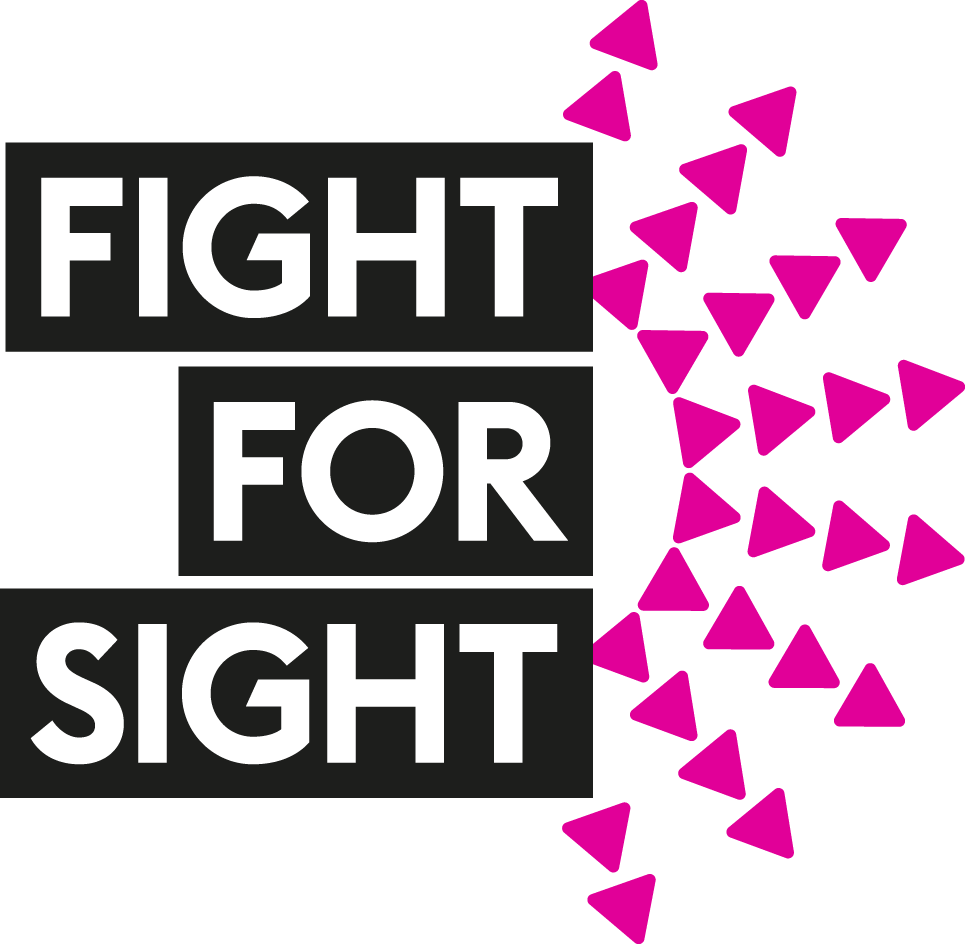Why should a trainee ophthalmologist take time out to do research?
As busy clinicians and trainee ophthalmologists, we often have little time to spend thinking beyond the daily process of examining, investigating and treating patients. This is a shame – most clinicians are individuals who are fundamentally interested in the science of how the eye functions, how disease develops and how it can be treated. For most, the original draw of a medical career was the combination of a deep scientific understanding of the body and how to help when things ‘go wrong’. However, for many that scientific interest and endeavour somehow gets lost in the daily workload – and this often leaves clinicians distanced from research and unconfident in their ability to contribute.
Despite many advances in ophthalmology, there is still much unmet need in our understanding of and therapeutic options for many conditions. Most clinicians would support efforts to improve that situation – striving to do the best for a patient is a universal aspiration. Perhaps what many do not consider is the personal perspective on the benefits of getting involved in research. In order for clinicians to maintain a satisfying, fulfilling and sustainable career, I support the idea they need to consider complimentary activities to their clinical work. This could include a range of activities but one is the involvement in clinical or basic ophthalmic research. This provides an opportunity to sit back and think deeply about the conditions we treat. A greater understanding into the epidemiology and aetiology of a condition undoubtedly makes the diagnosis and consultation with a patient more enlightened and interesting – it is truly satisfying to feel you can give an up-to-date, expert opinion into what is known on a disease to a patient. Likewise, involvement in therapeutic research, to potentially improve the outcome for the patient in front of you, where there may have previously been little to offer, is hugely fulfilling.
Some trainees are anxious either prior to undertaking clinical research, or during, that they will miss the clinical work too much and do not want to be part of the academic ophthalmology field purely. This is perfectly acceptable and not surprising, given that we are all different. However, I would again argue that taking time out to gain an understanding of ophthalmic research before returning to clinical work is also hugely beneficial. Returning to clinical work with a wealth of understanding of clinical research provides some of the above benefits whilst also providing a great link between the worlds of academia and clinical work – something that is currently not as well established as you may think. Being able to understand and translate scientific knowledge to the clinical setting and vice versa is very important – and having clinicians ‘on the ground’ to provide that link benefits all.
Time pressures in clinical work limit the amount of time one can take undertaking research, whilst research itself is also hugely time consuming. As a clinical trainee. one can apply for blocks of time out of training to pursue research with the security of a clinical job to return to. This is not as easily permitted for a consultant ophthalmologist. In a career that may last over forty years, taking this unique opportunity as a trainee seems a good idea.
In the October issue of the Royal College of Ophthalmologists College News I discuss the technicalities of how to take time out of clinical training to pursue research. This includes some useful information in the first steps of forming ideas about what research to undertake, with whom, and where. Funding research can be challenging but there are options, including generous funding by Fight for Sight, and these options are further detailed. I also provide some personal experiences and insights on the reality of taking time out of clinical training, such as changing employers and deskilling in surgical skills.
https://www.rcophth.ac.uk/members-area/college-news/
I would encourage ophthalmic trainees to take the unique opportunity to experience ophthalmic research during training. This provides an invaluable contribution in the avoidance of sight loss whilst also, I believe, creating a more personally satisfying and fulfilling clinical career for your future.
Katie M Williams MBChB FRCOphth PhD
Ophthalmology Specialist Trainee Year 5 | Moorfields Eye Hospital
Honorary Clinical Lecturer | Section of Academic Ophthalmology, School of Life Course Sciences, FoLSM, King's College London


